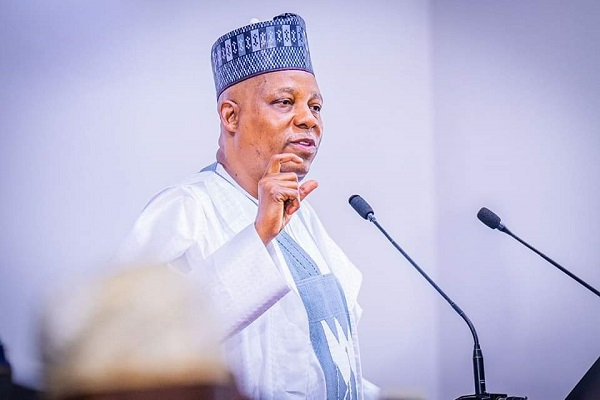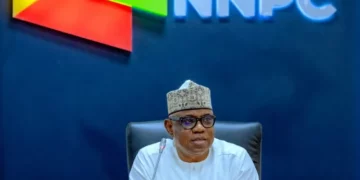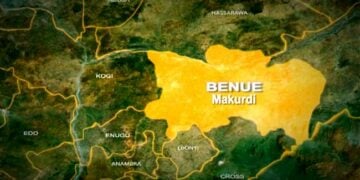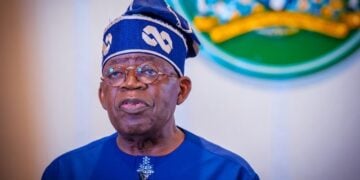The presidency has refuted claims that the country was snubbed in the recent United Nations Human Rights Council elections.
The clarification comes in response to circulating reports suggesting Nigeria’s exclusion from the council.
According to Bayo Onanuga, Special Adviser to the President on Information & Strategy, “contrary to information circulating, Nigeria was not snubbed in this election, as some reports have falsely claimed.”
He emphasised that “the country did not stand as a candidate for this cycle of elections.”
Onanuga explained that on October 9, 2024, the UN General Assembly elected 18 members to the Human Rights Council for the 2025-2027 term.
He said, “The members elected to the Council are Benin, Bolivia, Colombia, Cyprus, Czechia, Democratic Republic of the Congo, Ethiopia, Gambia, Iceland, Kenya, Marshall Islands, Mexico, North Macedonia, Qatar, Republic of Korea, Spain, Switzerland, and Thailand.
“The Council is an intergovernmental body within the UN system consisting of 47 States tasked with promoting and protecting human rights globally.
“The election, conducted via secret ballot, determined which nations would fill three-year terms beginning on January 1, 2025, replacing members whose terms expire on December 31, 2024.
“Among the outgoing members are Argentina, Benin, Cameroon, Eritrea, Finland, Gambia, Honduras, India, Kazakhstan, Lithuania, Luxembourg, Malaysia, Montenegro, Paraguay, Qatar, Somalia, United Arab Emirates and the United States.
”According to a report on the meeting published by the UN, Argentina, Cameroon, Eritrea, India and Somalia, which had served two consecutive terms, were ineligible for immediate re-election.
”Also, Albania, Algeria, Brazil, China, Ghana, Japan, and South Africa will continue serving on the Council.
”In the African regional group, the endorsed candidates—Benin, Gambia, Kenya, DRC, and Ethiopia—successfully secured all five available seats.
Onanuga pointed out that there was no competition in the African regional group, as “the continent fielded the same number of candidates as available seats.”
He further clarified, “The regional bloc endorsed Benin and Gambia, both members of ECOWAS, for the 2025-2027 term.”
The presidency also addressed previous misinformation, stating, “Whatever vote was recorded for our country must have been cast in error in the secret balloting by some countries which thought Nigeria was on the ballot.”
The statement explained Nigeria’s position and highlighted the country’s focus on regional unity: “Given Nigeria’s continued leadership in fostering African unity, the nation focused on supporting the endorsed candidates to promote collective African representation.”
Onanuga says this approach “aligns with Nigeria’s long-standing diplomatic efforts to ensure Africa speaks with a united voice on the global stage.”
The presidency urged media outlets to verify information before publication, noting, “The media should cross-check their information before rushing to press. There was no sign this was done with the Ministry of Foreign Affairs or our country’s mission in New York.”
Onanuga appealed to national pride, stating, “As Nigerians, we should not be quick to disparage or drag our country, especially on international matters.”











